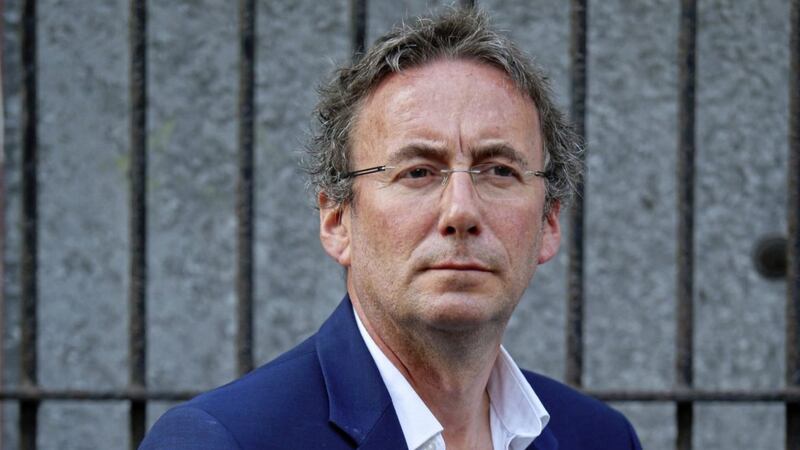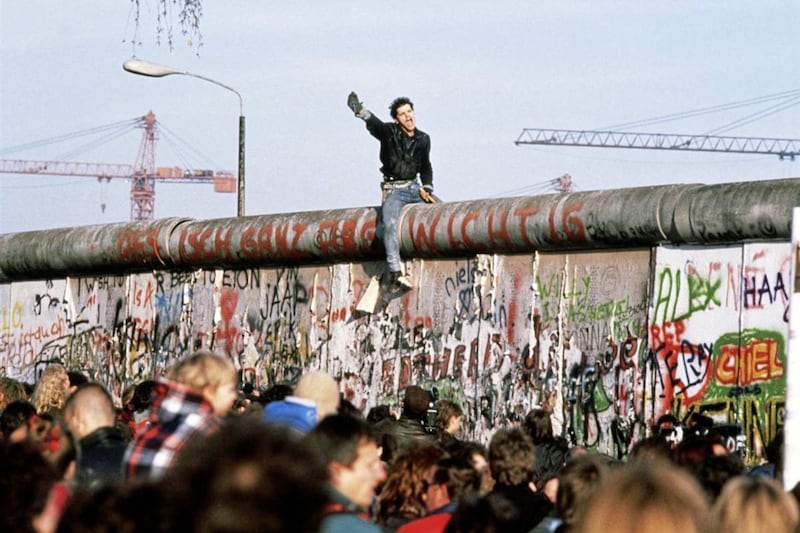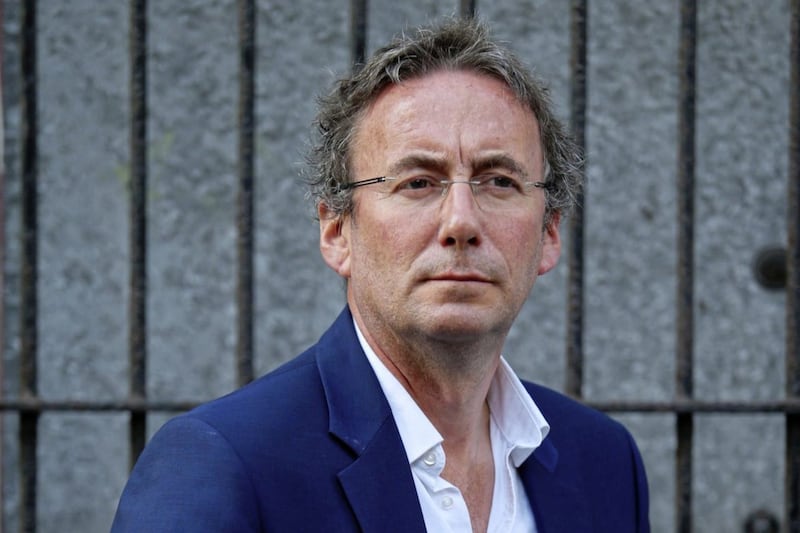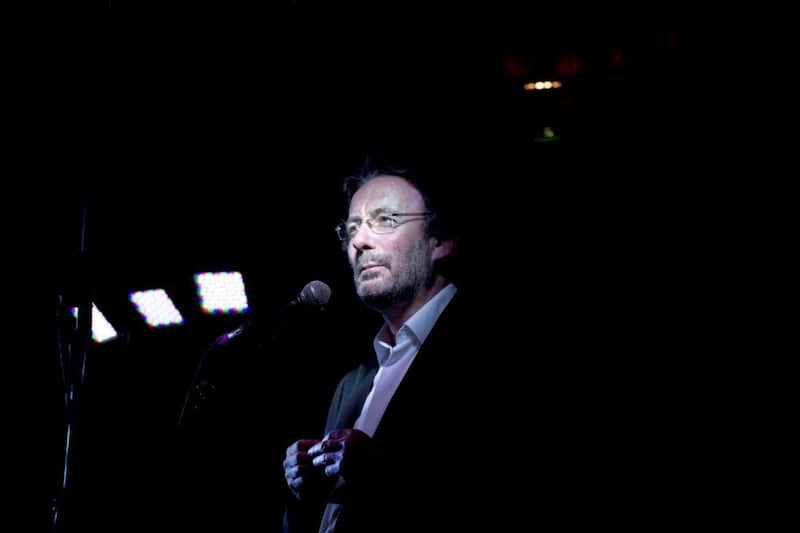YOU never forget your first corpse. Do you? For a start they are awful quiet. They don't talk, say a word, or react to anything you say to them; how you've always hated their guts. Or love them so much that your heart is breaking.
You can shake them, beat your fists upon their chest, call them a bas***d, take them in your arms for a heart comforting embrace, kiss their lips, and still the dead do nothing. They just lie there, immune, from the world and its myriad responsibilities.
Do you remember that game you played as a child? Pretending? Pretending to be dead. Stilling your breathing, eyes closed, not moving a muscle? Or waiting for the little flicker on the eye, heave of the chest, which gave the game away? Gotcha!
Now pretending is a game the dead are truly hopeless at. No 'real' person could ever mimic their stolid silence, their immovable virtue.
And here's another existential epiphany; the dead don't look well. Even as your eye flicks across this screen, your heart is pumping blood round your arteries at roughly two pounds per square inch of pressure. Live humans are meaty inflated balloons of blood, muscle, sinews, nerves and fat.
But cut the pump and the whole thing deflates to the floor like a weighty rubber sack. The blood drains from cheeks, your fingers, your arms, and pools in the lower limbs or back.
Faces sag, muscles cleave flaccid, and sallow skin shrinks on ivory finger bone. You look pale, grey, wizened, dead in fact.
Corpses are cold too. Every human being that you have ever touched before, in love or anger, was a warm blooded mammal. But the dead are so cold, cold like stone-on-an-outside-path-in-winter-cold, it is almost impossible to believe that this thing, this imperfect facsimile, of a being you have known and loved could ever have been human.
Except they were and are. Now, those two impossible things, at the same time too.
The dead. Still human, a non-living one of Us. The locus of our grief and anguish for all that is lost. The physical body of our beloved dead.
For millennia we have struggled to articulate the difference with talk of 'souls' and 'spirits' to explain this seismic change after breath stops and the great animating current of consciousness, personality, has been sucked out leaving behind just dry ice cold remains.
This visible deadness, this contradictory moment of encounter between the Living Us and the Dead Them, is the very epicentre of all human civilisation. Spawning an eternal search for eternal life and numerous priesthoods, holy books, religions, temples, gods, persecutions, wars, empires and countless millions of other deaths of heretics and non-believers who fail to agree on our particular tribal promise of a deathless Heaven.
And that's just the corpse. The biggest difference of all from meeting your first corpse has got nothing to do with whoever is inside the coffin-shaped box. Mother, child, man or boy. The real insight breaks out inside you. And if it doesn't you are in definite need of psychiatric help.
Once you've got over the idea that you've not stumbled on to the set of some trick camera series, it slowly begins to dawn that today's show is not even a show. Or a unique event at all.
That the dead person is no-one special. Not even a celebrity. Or has even been on TV. That they are just another ordinary mortal. Like you. So there is a no excuse. Or escape. A slow deflating realisation. The nub of it all.
Here at last, voluntary or otherwise, you are now getting to play your own full part in a non-game of certain extinction, where one by one all the players lose their lives generally unnoticed and uncared for by a wider world.
Mortal Reality. With its own certain rules. Nine rules in fact.
You know we lie all the time in the rest of our daily lives. Often for good reasons.
'I love you.' 'This weekend, sure. I'll be there.' 'I'll stop drinking from now on. Never again.' ' Trust me, I'm studying four hours a night for the exam.' 'No, your a**e does not look big in that.'
We cheat the truth. Fib. Make up stories about how it wasn't our fault. Go back on ourselves. Reverse. Say we are sorry. Kiss and make better. And live to lie another day.
But death is a script that can't, nor will not, be reversed by anger, tears, cardiopulmonary resuscitation, money, status, or appeals to some higher power. Or further promises.
No power on Earth can ever make this dead thing sit up, cough, and begin again.
Every could-have-been has hardened into a never-was. Every word of their story is now a past tense; the who, their life, the right, the wrong and how they got sick. Heroic or stoic or afraid. As we might be ourselves. It's all final. Forever. Finished. Dead.
The end point where all our stories stop and our own true mortal powerlessness is inescapable.
Here now within grasp of your own warm mortal flesh is the objective defiance of every life-possibility-to-be. A dead human. So ordinary, so quiet – the very mirror of your own death-to-come. (©KevinToolis2020)
Kevin Toolis is Bafta-winning writer. His new book on death, Nine Rules to Conquer Death, is published by OneWorld, £14.99 (https://amzn.to/3l6LiGd).








